It’s #Throwback Thursday. Today I’m bringing you my review of Perennials, by award-winning author Julie Cantrell. This review previously appeared at Australasian Christian Writers. Click here to check out the discussion.
Perennials: Inspirational Women’s Fiction for the Eat, Pray, Love Generation

Anyway, if the review I read was accurate, this book had a lot of faults. The chief fault appeared to be that it was from a Christian publisher, yet was not Christian fiction.
Well, sold.
Okay, not sold. But I requested a review copy from NetGalley, because I wanted to find out for myself.
The writing was brilliant.
Julie Cantrell has a gift with words, with emotion. The plot was generally strong. I thought the plot device used to get Eva home to her family was contrived almost to the point of being unbelievable, but the writing was outstanding and the characterisation was solid enough that I was prepared to let a less-than-believable plot point pass.
Perennials is the story of a middle-aged professional woman who learns the hard way success isn’t defined by your salary or your job title (or your ability to life a Pinterest-worthy life), but by being true to yourself. She also learns that we can’t judge and resent others for their Pinterest-perfect lives, because we don’t know what they’re hiding.
These are powerful lessons.
Eva, the main character, wasn’t the most likeable person to begin with. She has a chip on her shoulder the size of a small planet, and even at forty-five years of age, it’s never occurred to her that her outlook on life and on her family (especially on her family) is anything but right. Being home again forces her to review and rethink some of her perceptions. The more I saw of her in her home town, the more I was able to sympathise and empathise with her situation.
Overall, I’d classify this as an inspirational women’s fiction version of Just Look Up by Courtney Walsh. Perennials definitely doesn’t fit in the narrow echo chamber of Christian fiction. If it was a romance, I’d say it was angling for a RITA nomination for Romance with Religious or Spiritual Elements. It had plenty of spiritual elements—but most of them weren’t Christian:
Namaste. The light in me sees the light in you.
The ancestors have a lot to teach us.
Kachina Woman, Hera, Kuan Yin, Mary. Whoever she is, she is timeless and omnipotent, representing all things feminine and calming and wise.
Definitely not Christian—and that last quote is in direct contradiction to the Gospel of John, which makes clear that Jesus is the way. Not one of many. Yet there were also lines like this:
Love keeps no record of wrongs.
And:
Jesus experienced the worst. Betrayed by someone he trusted, destroyed by the people he loved. Public shame, humiliation … but despite it all, he chose to love.
No, Perennials doesn’t fit into the shiny bucket that is CBA fiction.
If you’re looking for a typical Christian fiction novel, then I wouldn’t recommend Perennials. But if you’re looking for something that doesn’t fit the Christian norm—perhaps as a gift for a non-Christian friend who appreciates good writing and enjoys books such as Eat, Pray, Love—then Perennials may be a good option.
Perhaps Perennials does present Jesus as an option to be considered rather than as the answer. But in doing that, it may attract readers who wouldn’t ever pick up a ‘Christian’ novel. And if those readers are true to themselves, they will consider Jesus. And I believe we need more books written by Christians for a general market audience, books that address real-world problems and present Jesus as an option.
As Perennials does.
What do you think?
Thanks to Thomas Nelson and NetGalley for providing a free ebook for review.
About Julie Cantrell
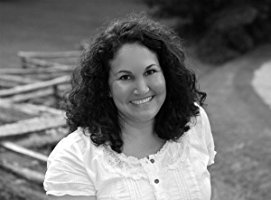 New York Times and USA TODAY bestselling author, Julie Cantrell is known for writing inspirational novels that explore the hard truths women typically keep secret. While she delves into emotional issues, she does so with a compassionate and open heart, always bringing readers through to a hopeful path for peace, empathy, and healing.
New York Times and USA TODAY bestselling author, Julie Cantrell is known for writing inspirational novels that explore the hard truths women typically keep secret. While she delves into emotional issues, she does so with a compassionate and open heart, always bringing readers through to a hopeful path for peace, empathy, and healing.
A speech-language pathologist and literacy advocate, Julie was honored to receive the 2012 Mississippi Arts Commission Literary Fellowship. She also received the 2016 Mary Elizabeth Nelson Fellowship at Rivendell Writer’s Colony, which is awarded to a writer who encourages spiritual growth, healing, and care through his or her work.
Julie and her two children now live in Oxford, Mississippi where they spent six years operating Valley House Farm, a sustainable organic farmstead, before moving into a new adventure.

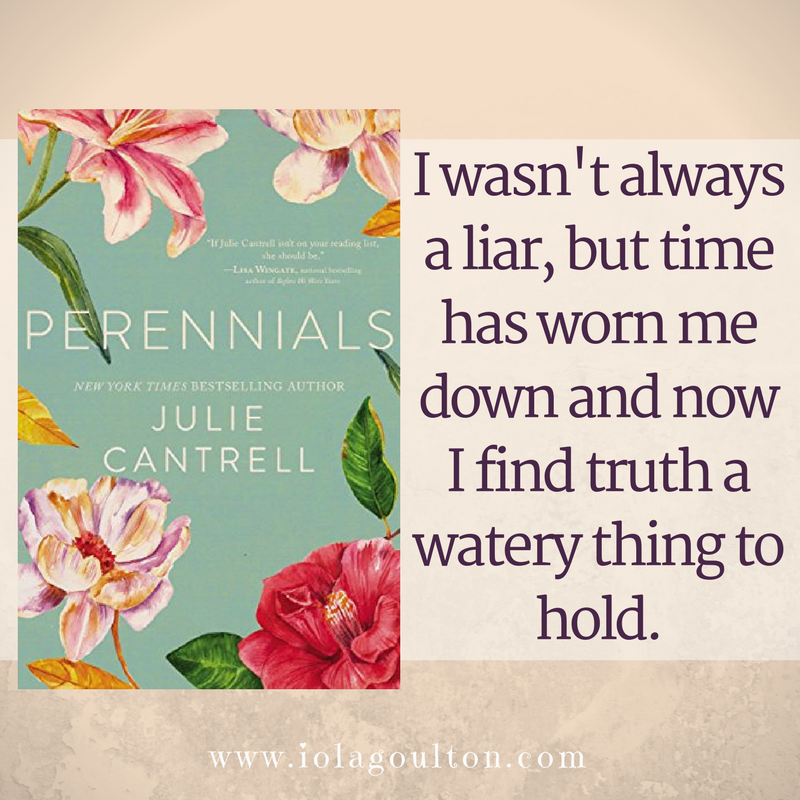
 Bestselling Inspirational Romance Author Carrie Turansky writes historical and contemporary novels and novellas set in England and the US. She has won the ACFW Carol Award, the Holt Medallion, and the International Digital Award. Readers say her stories are: “Heartwarming and inspiring! I couldn’t put it down!” . . . “Touching love story. It captured me from the first page! Rich characters, beautifully written” . . . “My new favorite author!”
Bestselling Inspirational Romance Author Carrie Turansky writes historical and contemporary novels and novellas set in England and the US. She has won the ACFW Carol Award, the Holt Medallion, and the International Digital Award. Readers say her stories are: “Heartwarming and inspiring! I couldn’t put it down!” . . . “Touching love story. It captured me from the first page! Rich characters, beautifully written” . . . “My new favorite author!”
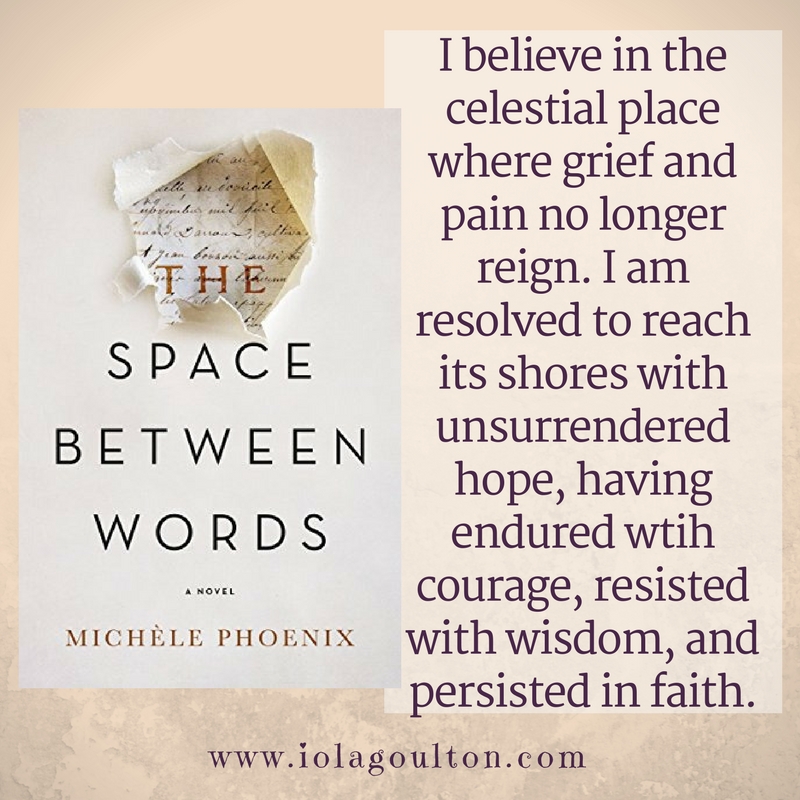

 Born in France to a Canadian father and an American mother, Michèle is a consultant, writer and speaker with an international perspective. She taught for 20 years at Black Forest Academy (Germany) before launching her own venture advocating for Third Culture Kids. Michèle travels globally to consult and teach on topics related to this unique people group. She loves good conversations, mischievous students, French pastry, and paths to healing.
Born in France to a Canadian father and an American mother, Michèle is a consultant, writer and speaker with an international perspective. She taught for 20 years at Black Forest Academy (Germany) before launching her own venture advocating for Third Culture Kids. Michèle travels globally to consult and teach on topics related to this unique people group. She loves good conversations, mischievous students, French pastry, and paths to healing.
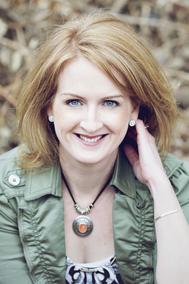 Alison Stone discovered her love of writing after leaving a corporate engineering job to raise four children.
Alison Stone discovered her love of writing after leaving a corporate engineering job to raise four children.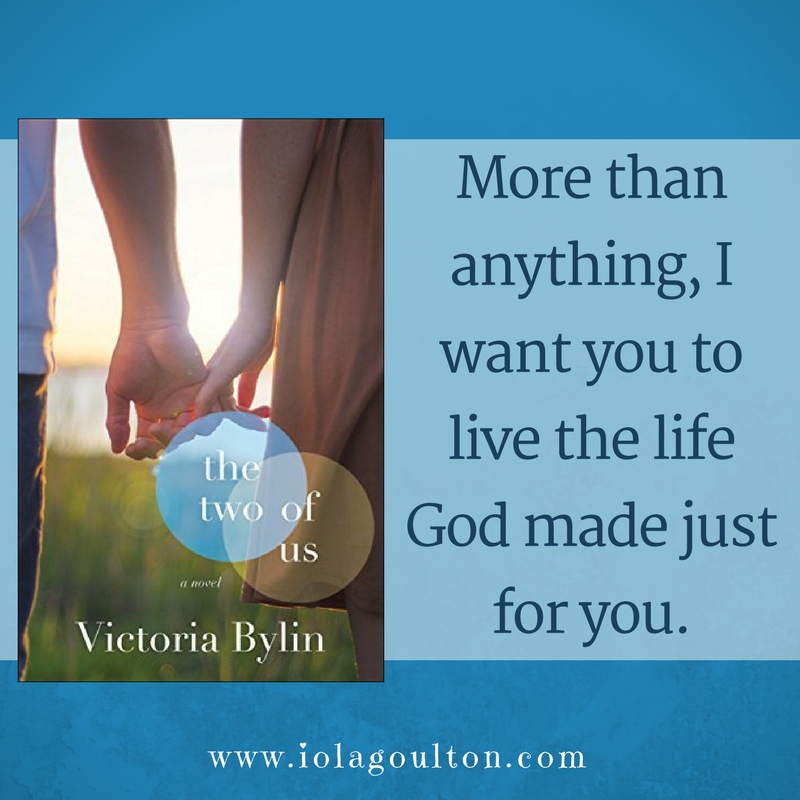

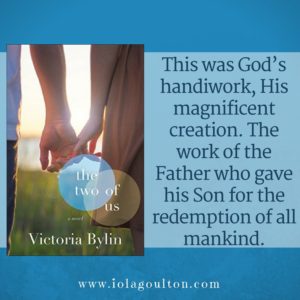

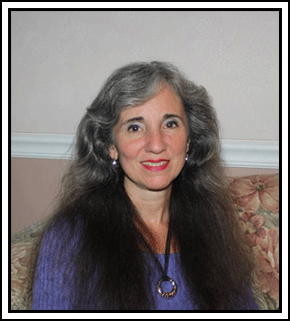 From medical secretary to court reporter to property manager to owner of a special events decorating company, Carol’s resume reads as if she doesn’t know what she wants to be when she grows up. But one thing that has remained constant through the years is her love for writing. She currently pens fun and fast-paced inspirational romance and romantic suspense stories. Her books have been nominated for a RITA® award and an RT Reviewers’ Choice Best Book Award.
From medical secretary to court reporter to property manager to owner of a special events decorating company, Carol’s resume reads as if she doesn’t know what she wants to be when she grows up. But one thing that has remained constant through the years is her love for writing. She currently pens fun and fast-paced inspirational romance and romantic suspense stories. Her books have been nominated for a RITA® award and an RT Reviewers’ Choice Best Book Award.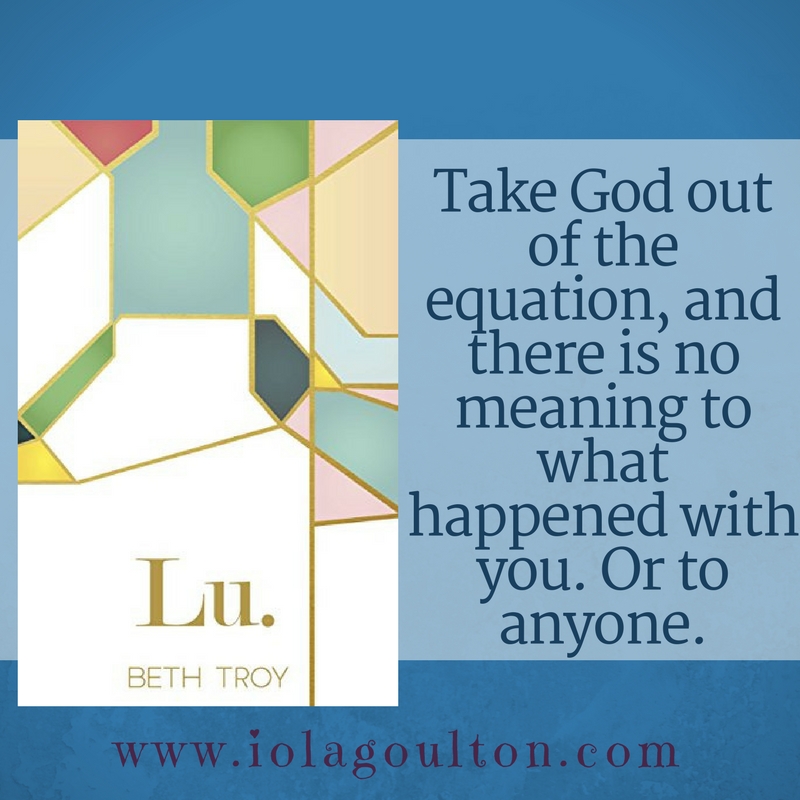

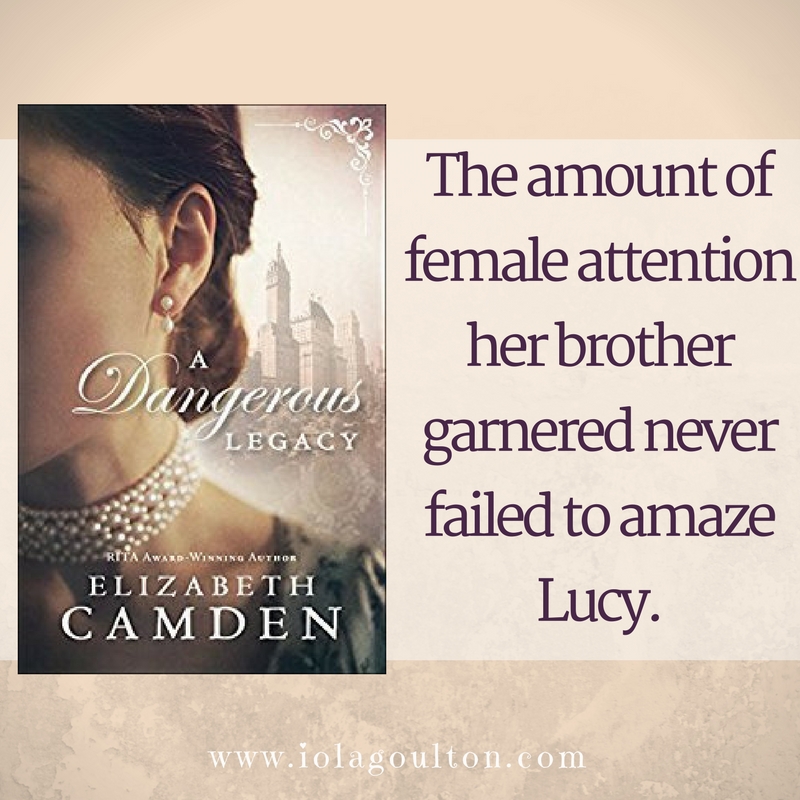




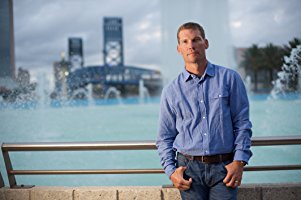 Christy and I married in 1993. If you include dating, I’ve known and loved her for more than half my life. She is and always will be the home for my heart. We have three boys. Charlie, John T. and Rives. Folks often ask me, which of my books do I like the best. You might as well line up my sons and ask me who I love the most.
Christy and I married in 1993. If you include dating, I’ve known and loved her for more than half my life. She is and always will be the home for my heart. We have three boys. Charlie, John T. and Rives. Folks often ask me, which of my books do I like the best. You might as well line up my sons and ask me who I love the most.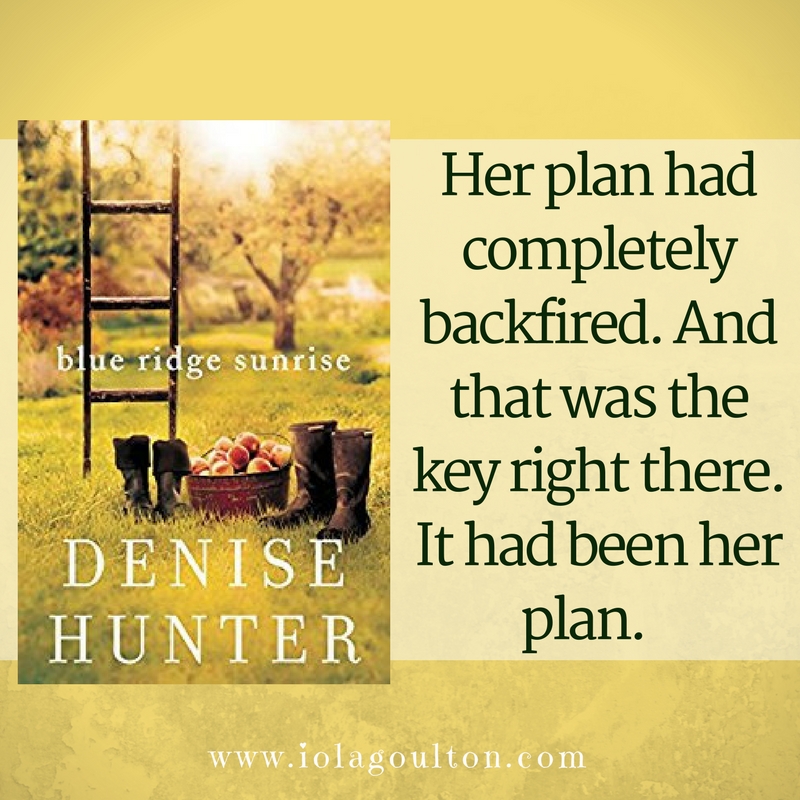


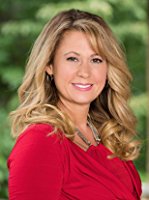 Denise Hunter is the internationally published bestselling author of more than 30 books, including “The Convenient Groom” and “A December Bride” which have been made into Hallmark movies. She has appeared on the The 700 club and won awards such as The Holt Medallion Award, The Carol Award, The Reader’s Choice Award, The Foreword Book of the Year Award, and is a RITA finalist.
Denise Hunter is the internationally published bestselling author of more than 30 books, including “The Convenient Groom” and “A December Bride” which have been made into Hallmark movies. She has appeared on the The 700 club and won awards such as The Holt Medallion Award, The Carol Award, The Reader’s Choice Award, The Foreword Book of the Year Award, and is a RITA finalist.